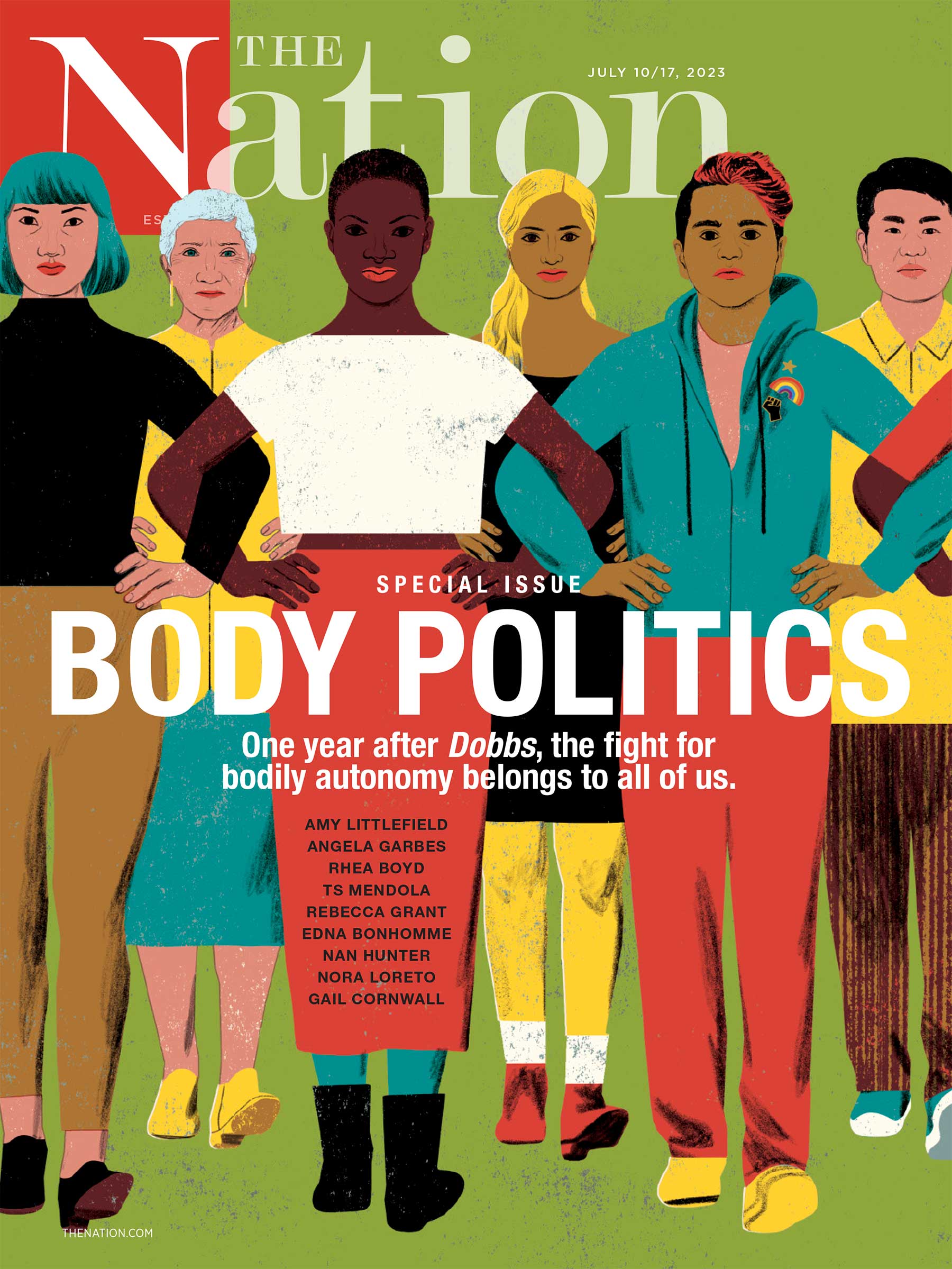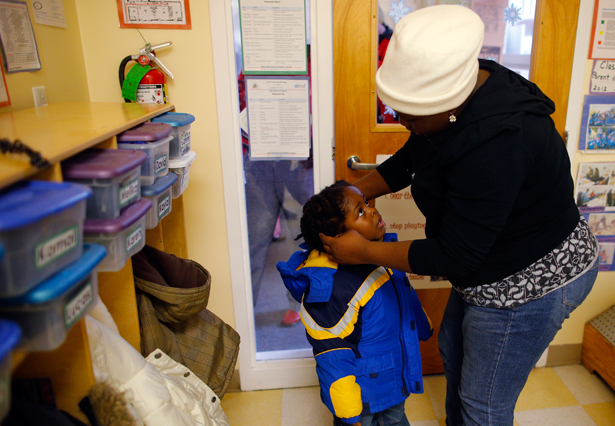
This Unnoticed Part of Obama’s Childcare Initiative Is a Big Deal This Unnoticed Part of Obama’s Childcare Initiative Is a Big Deal
Obama’s proposal to fund home visiting services is a laudable step toward serving the comprehensive needs of parents, whether they are working or not.
Feb 4, 2015 / Michelle Chen
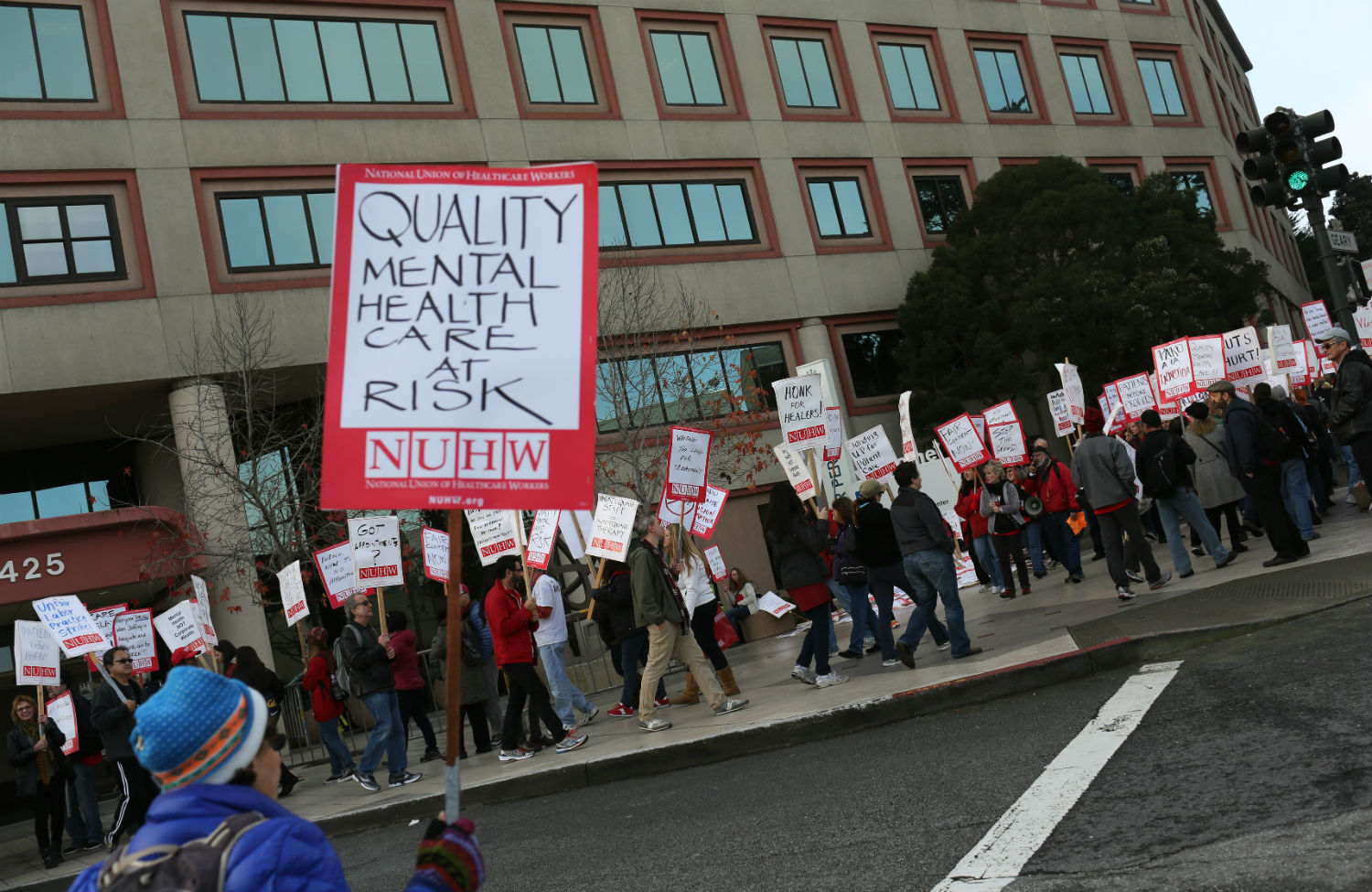
These Mental Health Patients Are Being Neglected on an Epidemic Scale These Mental Health Patients Are Being Neglected on an Epidemic Scale
Kaiser's workers and patients have had enough of epic waiting times and surging suicide rates.
Jan 26, 2015 / Michelle Chen

A Mental Health Crisis Shouldn’t End in a Jail Cell A Mental Health Crisis Shouldn’t End in a Jail Cell
Nearly $9 billion per year is spent locking up people struggling with mental illness.
Oct 9, 2014 / Kara Dansky

Policing Pain Policing Pain
It’s been estimated that half of the people shot and killed by police officers in the United States have some type of mental-health problem. James Boyd was killed in Albuquerque, New Mexico, after a five-hour negotiation with police, who were trying to get the homeless man to leave his illegal campsite. Boyd had only two small camping knives, but he was shot in the back after the officers set off a stun grenade. When they aren’t killing people with mental-health issues, the police are arresting them, a harrowing and harmful experience in its own right. “Jails are the number one mental-health facilities across the country,” San Antonio Police Officer Joe Smarro explains in a new video series about overcriminalization, which launches at TheNation.com on October 9. Produced by Brave New Films in partnership with the ACLU, the series explores alternatives to the criminalization of social problems like mental illness, homelessness and addiction. Please support our journalism. Get a digital subscription for just $9.50! There’s a long history in America of imprisoning vulnerable populations. The criminalizing of homelessness harks back to the days after Reconstruction, when outdated vagrancy laws were suddenly applied to the newly freed black population. The “black codes” targeted formerly enslaved people, who were arrested for violations such as lacking proof of employment. They were then sent to prisons that had sprung up on former plantations, effectively re-enslaving them. This legacy carries on through stop-and-frisk policies and discriminatory immigration enforcement measures. Such policies criminalize everyday behavior, are enforced in a racist fashion, and designate police officers as the first and only solution to society’s problems. That’s why this series is not just about describing the problem, but about how you can take action. These videos focus on innovative and cost-effective solutions that actually improve people’s lives, making us less dependent on prisons and policing to address problems that are far too complex to be beaten into submission. Read Next: Steven Hsieh on the mentally ill veteran who “baked to death” at Rikers
Oct 8, 2014 / Mychal Denzel Smith

Bowe Bergdahl and the Pathologizing of Dissent Bowe Bergdahl and the Pathologizing of Dissent
New documents raise questions about the soldier's mental health.
Jun 12, 2014 / Zoë Carpenter
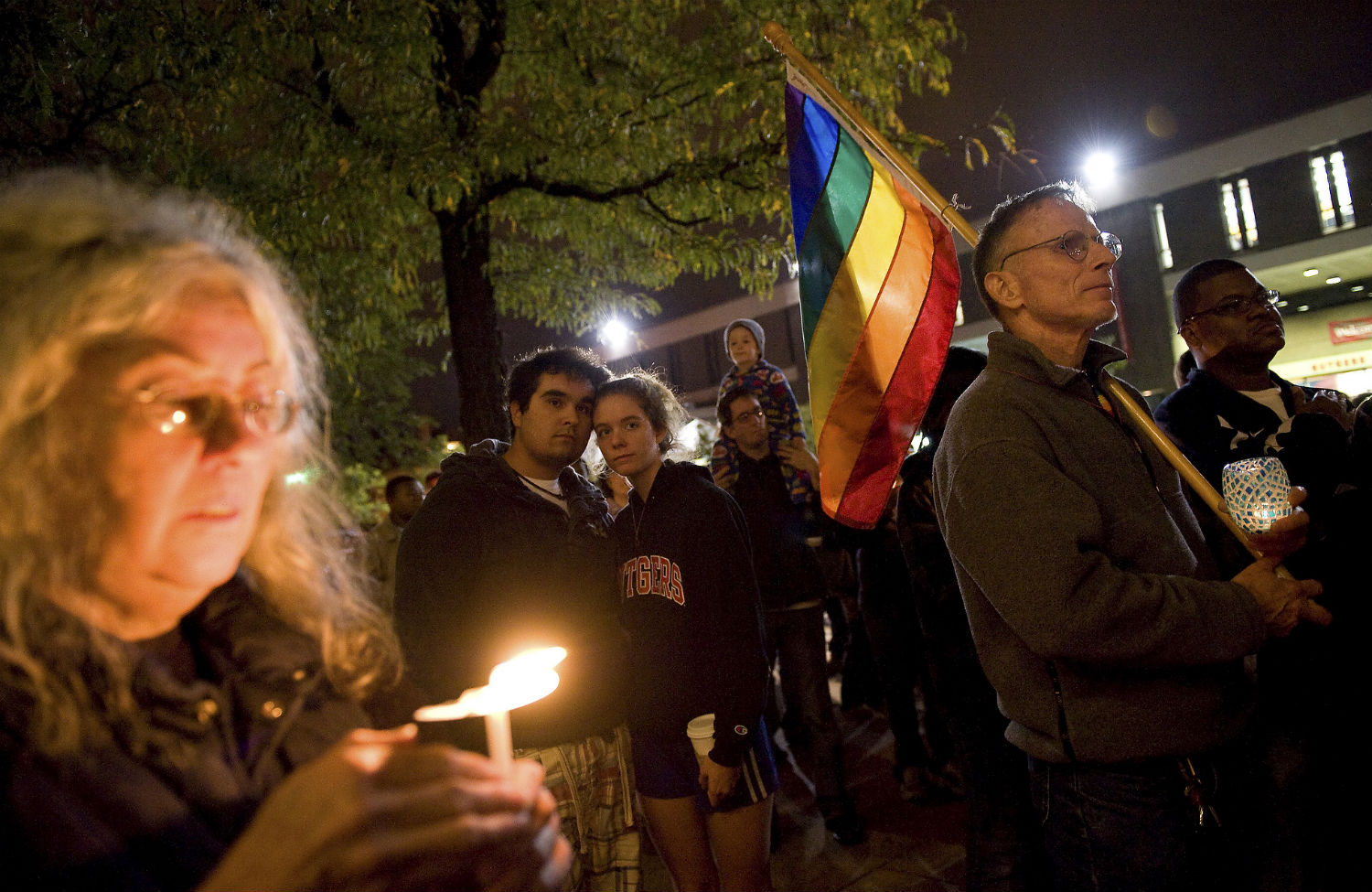
We Need to Talk About Cyberbullying We Need to Talk About Cyberbullying
Close to 20 percent of high school students have admitted to being cyberbullied in the last year.
May 9, 2014 / StudentNation / Kumaran Chanthrakumar and StudentNation

How America’s Wars Came Home With the Troops How America’s Wars Came Home With the Troops
Since 2002, veterans have been committing murder individually and in groups, killing family, friends, strangers and—in appalling numbers—themselves.
Apr 17, 2014 / Ann Jones
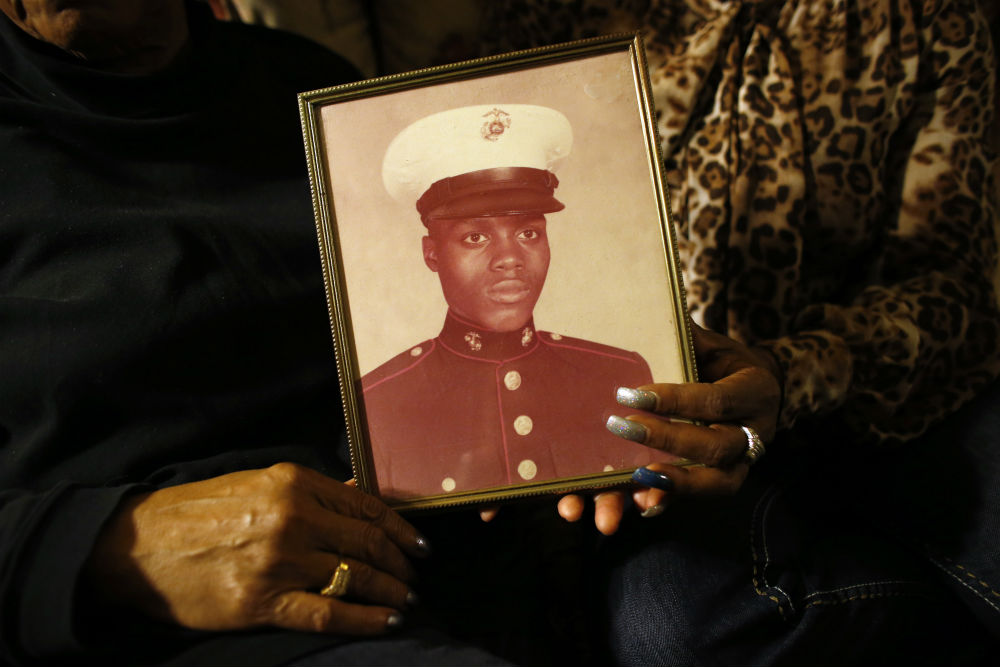
Officials Investigating Death of Mentally Ill Homeless Vet Who ‘Baked to Death’ in a New York City Jail Cell Officials Investigating Death of Mentally Ill Homeless Vet Who ‘Baked to Death’ in a New York City Jail Cell
Jerome Murdough was found dead in a Rikers Island jail cell after it had reached temperatures exceeding 100 degrees Fahrenheit.
Mar 20, 2014 / Steven Hsieh

Feminists Talk Trigger Warnings: A Round-Up Feminists Talk Trigger Warnings: A Round-Up
A triggering event can be so individual, so specific, that there is no anticipating it.
Mar 6, 2014 / Jessica Valenti

Army Finds Key to Improving Soldiers’ Mental Health, and It’s Exactly What You’d Expect Army Finds Key to Improving Soldiers’ Mental Health, and It’s Exactly What You’d Expect
To prevent mental illness in American soldiers, bring them home.
Feb 4, 2014 / Steven Hsieh
